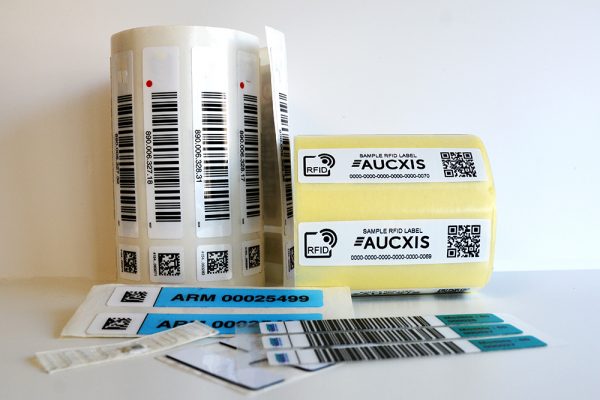How They Are Used And What You Need To Know
Radio-Frequency Identification (RFID) labels are everywhere. They can be found on clothes, keys, and even in some medicines. RFID labels are used for tracking purposes to know where items are at all times. RFIDs have been used by hospitals since the 1980s, but it has only recently become mainstream knowledge how they work. This article will explain what you need to know about RFIDs in medicine so that you can be an informed consumer!
The first thing you need to know about RFIDs in medicine is how they are used. In short, their use can be broken down into three basic steps: scanning the product or patient for information, storing that information electronically , and transmitting it so others can see it. Most of this process happens quickly and behind the scenes . It’s only when you have a question with your specific medication or procedure does an organization check what has happened before regarding your situation.

RFID labels on medicines were first introduced at hospitals because many drugs look alike but contain different ingredients – confusing if you’re trying to determine which medications should not be taken together! This was especially problematic prior to electronic record keeping systems as there could potentially be thousands of versions each drug depending upon who manufactured them! RFID labels were a huge step forward in the industry, as they made it easier for pharmacists and doctors to know which drugs should be taken together. The tags can also include important information about whether or not patients have been given their medication before so that there are no duplicates.
This technology has since spread to other medical products including equipment such as surgical tools, where tagging each item is an essential part of keeping track of them during surgery . In addition, some hospitals now use RFIDs on patient bracelets so staff can quickly identify who they’re dealing with without having to go through multiple files! This cuts down dramatically how long each person spends at a hospital , allowing more people access quicker. There even talk of using this type of technology for medical insurance cards so that patients can have quick access to their information when they visit a doctor or hospital.
RFIDs are definitely the future of medicine, but there is still some controversy about how useful they really are! Because most people don’t know what RFIDs are or how they work , many believe that having all these tags on items could potentially be dangerous . For example, if you have an MRI scan which requires metal detectors before it’s performed , would the scanners pick up the RFID tag? Would this interfere with your results? While no problems have been reported yet , experts admit it’s something that needs more research before being used in high-risk areas like hospitals.
